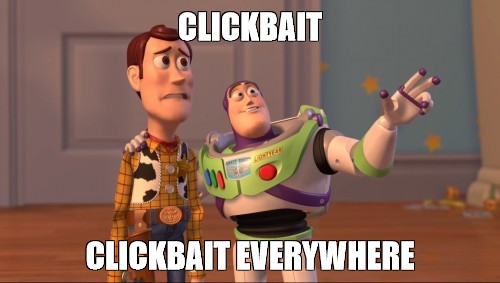I avoid using social networks. It’s just that I don’t like them and I find them irritating. But are they always bad? I don’t think so.
I’ve advocated for using ethical social networks such as Fediverse/Mastodon instead of crappy ones like Instagram and Twitter but I have my own reasons. My objections to these networks are that they treat users unfairly, violate their rights, and keep business their first priority.
I don’t like social networks, I don’t use them, but I have less objections to ethical ones than to ones like Facebook. I may not be OK with the feeling I get of an ethical social network but one like Instagram gives me 100 more reasons.
However, I would still object to banning them. You see, I think it’s bad that these corporations are harvesting users’ data but if one, consciously, wants to use them, one has every right to.
I always tell people to avoid these networks but I’m completely against forcing people to leave them. These networks have a massive flow of information passing through them and this flow helps people express themselves and share information they might not get from other sources.
Accessing social networks are essential for freedom today. They are replacing news sources and information channels; and they’ve become a force from people to protect themselves from injustice and tyranny. Banning them only helps corruption.
I don’t praise what they do, I still find them too much unappealing but I can’t deny the amount of good they do for people. I can’t deny how much they’ve helped people survive a world of misinformation and propaganda. They have become a tool for people to actually have a voice.
Everything these proprietary privacy-violating social networks such as Twitter do, can be done using user freedom-respecting privacy-minded social networks such as Mastodon but for now, we’re stuck with these crappy ones.
I cheer for replacing these proprietary networks with free/libre ones but I also will protest banning them. Banning them may do some god but it will do more damage as it will only take away people’s voice.
Banning them will only result in more corruption and more violation of people’s right and freedom. These social networks, free or nonfree, have given people a voice and a power to make actual social change and they have become a powerful tool for people to fight for themselves.
They make dictators unhappy, they make tyrants angry, and they make powerful people weak in front of people. They empower people the way nobody can’t. They bring back freedom of expression to people, the way nobody is able to.
I don’t use social networks but I’m happy they exist as they’ve made the world much better place. Because of them, many tyrants are actually afraid of people and maybe are kept in place. I may not use them but I appreciate them every day.

